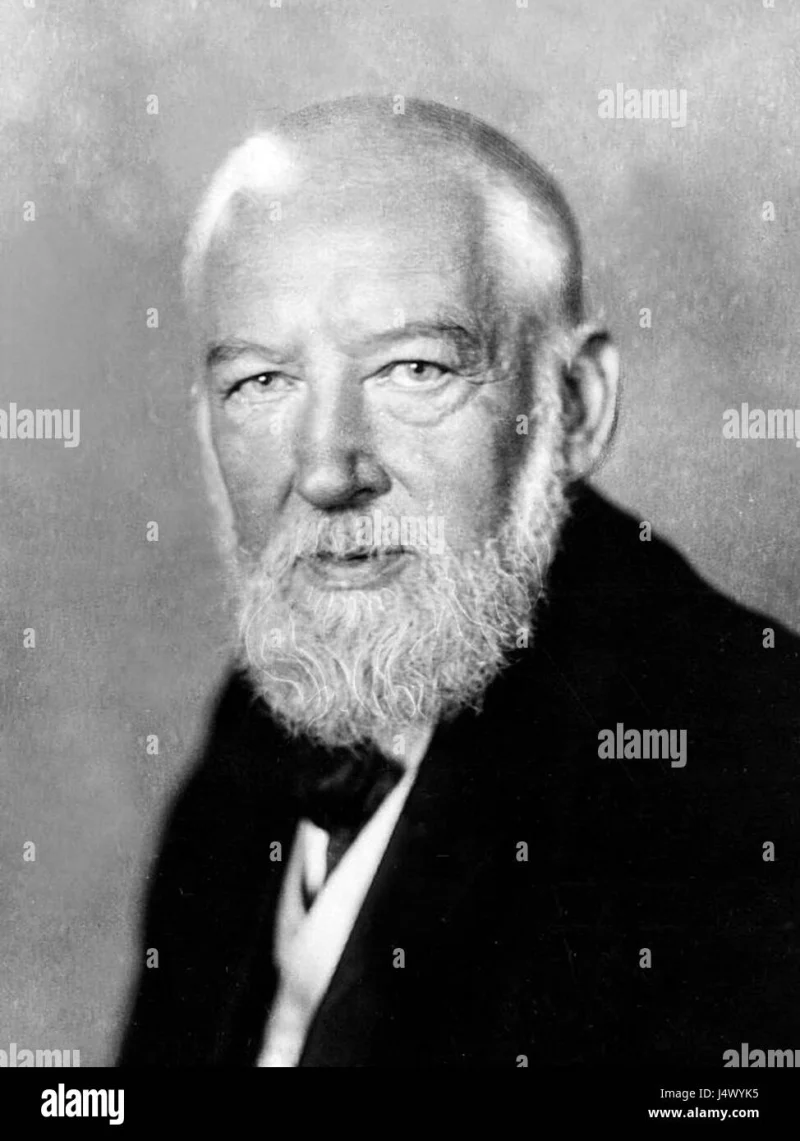Short Summary
Richard Feynman was a renowned American theoretical physicist, celebrated for his contributions to the development of quantum electrodynamics. He earned a Nobel Prize in Physics in 1965 for his innovative work in this field. Feynman was also known for his engaging teaching style, popular lectures, and books that made complex scientific concepts accessible to the public. His unconventional approach to science and life, as well as his vibrant personality, left a lasting impact on both physics and popular culture.
Early Life & Education
Richard Feynman was born on May 11, 1918, in Queens, New York, to a Jewish family. From a young age, he showed a keen interest in science and mathematics, often encouraged by his father, who fostered his curiosity. Feynman attended Far Rockaway High School, where he excelled in mathematics and science. He went on to study at the Massachusetts Institute of Technology (MIT), graduating with a degree in physics in 1939. He continued his education at Princeton University, where he completed his Ph.D. in 1942 under the supervision of John Archibald Wheeler. His early influences included his father’s encouragement and his own natural inquisitiveness.
Career Highlights
Feynman's career began during World War II when he worked on the Manhattan Project, contributing to the development of the atomic bomb. Post-war, he took a position at Cornell University, where he made significant contributions to the field of quantum electrodynamics, earning a Nobel Prize in 1965. In 1950, he joined the California Institute of Technology (Caltech), where he continued his groundbreaking research and became known for his innovative teaching methods. His work extended beyond physics into computing and biology, reflecting his broad intellectual interests and versatility as a scientist.
Major Achievements
- Received the Nobel Prize in Physics in 1965 for his contributions to quantum electrodynamics.
- Developed the Feynman diagrams, a visual representation technique for particle interactions.
- Played a key role in the Manhattan Project during World War II.
- Authored influential books, including "Surely You’re Joking, Mr. Feynman!" that popularized science.
Famous Quotes
- "The first principle is that you must not fool yourself—and you are the easiest person to fool."
- "I would rather have questions that can't be answered than answers that can't be questioned."
- "Physics is like sex: sure, it may give some practical results, but that's not why we do it."
Interesting Facts
- Feynman was an accomplished bongo player and enjoyed playing in his spare time.
- He was known for his ability to crack safes, a skill he developed during his time at Los Alamos.
- Feynman was multilingual, having taught himself to speak Portuguese.
- He had a deep interest in art and took up drawing, eventually having his work exhibited.
- His lectures were so popular that they were published as the "Feynman Lectures on Physics."
Legacy / Influence
Richard Feynman's legacy extends beyond his scientific contributions; he revolutionized the teaching of physics and inspired countless students and scientists with his curiosity and passion for discovery. His work on quantum electrodynamics set a foundation for modern physics, while his popular writings brought science to a broader audience. His influence persists in the scientific community and popular culture, embodying the spirit of inquiry and the joy of learning.
FAQ
Q: Why is Richard Feynman famous?
A: He is famous for his work in quantum electrodynamics and his engaging teaching methods.
Q: What notable awards did he receive?
A: He received the Nobel Prize in Physics in 1965.
Q: Did Feynman write any books?
A: Yes, he wrote several popular books, including "Surely You’re Joking, Mr. Feynman!"
Q: What was unique about his teaching style?
A: His teaching style was known for being engaging, innovative, and accessible.











